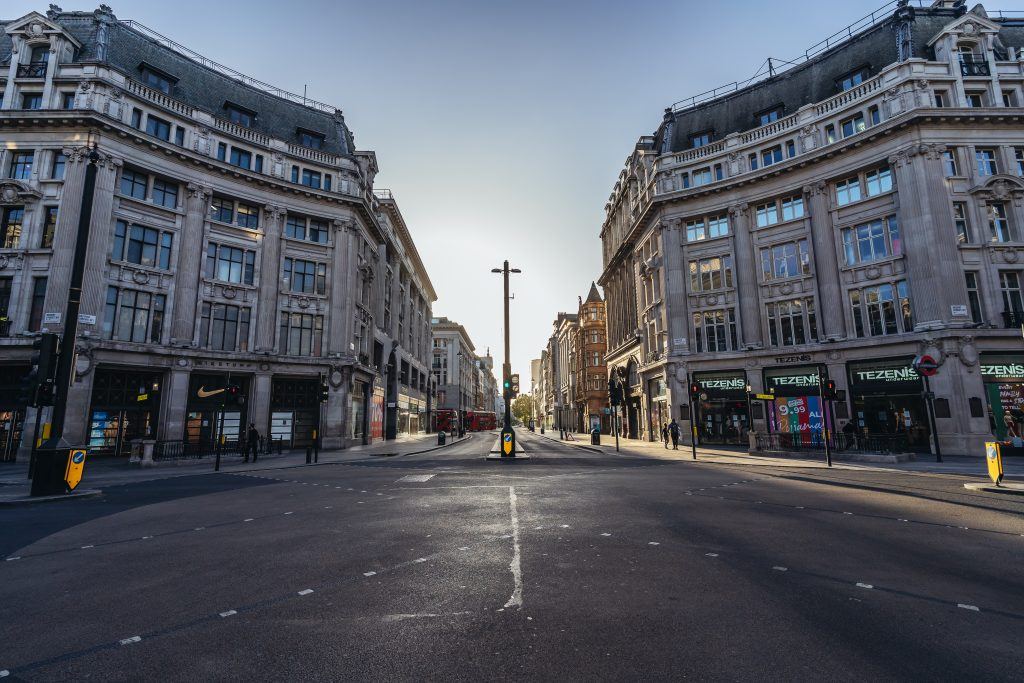

In light of the current crisis, a radical re-think of how labour is valued – both socially and financially – is needed, leading to policies which ensure that key workers are paid and protected in a way that reflects their critical contribution to society. These workers are vital for society to function, yet the degradation of the employment relationship illustrates how the value of labour is not dependent on an impartial measure of supply and demand but is constructed by the social context within which it is embedded. Many ‘key workers’ receive the National Living Wage, the minimum wage set by the government for over 25’s. These workers amount to 7.1 million adults across the UK, the majority of whom are female.

On 19 March, the UK government published a list of ‘key workers’ considered to be critical to the provision of services during the COVID-19 crisis. We would be glad to follow up so do please get in touch with us. Crucially, our research helps to bring together how scientific and technological developments and human behaviour interact across all policy agendas.Īs we move into a phase of learning to live with the impact and consequences of COVID- 19, we hope you find this collection of lockdown blogs useful. Whether it be research directly addressing the scientific, medical and public health challenges of tackling COVID-19 the trade-offs between economic activity and sustainability the digital challenges raised by moving life on line the ongoing contribution of our science and engineering research to developing the regional economy or on the economic, societal and political issues facing policymakers locally, nationally and internationally around how the world of work, leisure, and governance might change. The blogs in this collection aim to bring research insights and policy solutions to the attention of our key stakeholders to help in their work of finding policy solutions to a post COVID-19 world. Yet many of the issues which confronted policymakers in the immediate stages of lockdown, and the urgent policy problems which the pandemic has exposed, were agendas where the University was well placed to contribute – indeed to continue and deepen our existing policy engagement.Īs the post lockdown period got underway, published blogs from researchers across our Faculties. The policy landscape, locally, nationally and internationally has fundamentally changed in the weeks since lockdown began in March. Throughout the first 100 days of lockdown, the Government’s daily coronavirus press briefings made epidemiologists and statisticians of us all. City streets and supermarket shelves emptied and whilst key workers kept vital services going, many of us discovered new online platforms to keep in touch with family, friends and colleagues. As infection spread across communities, countries and continents, the UK like elsewhere went into lockdown.

All our lives have changed fundamentally and irrevocably since the spread of the new, highly infectious and deadly coronavirus (COVID-19).


 0 kommentar(er)
0 kommentar(er)
